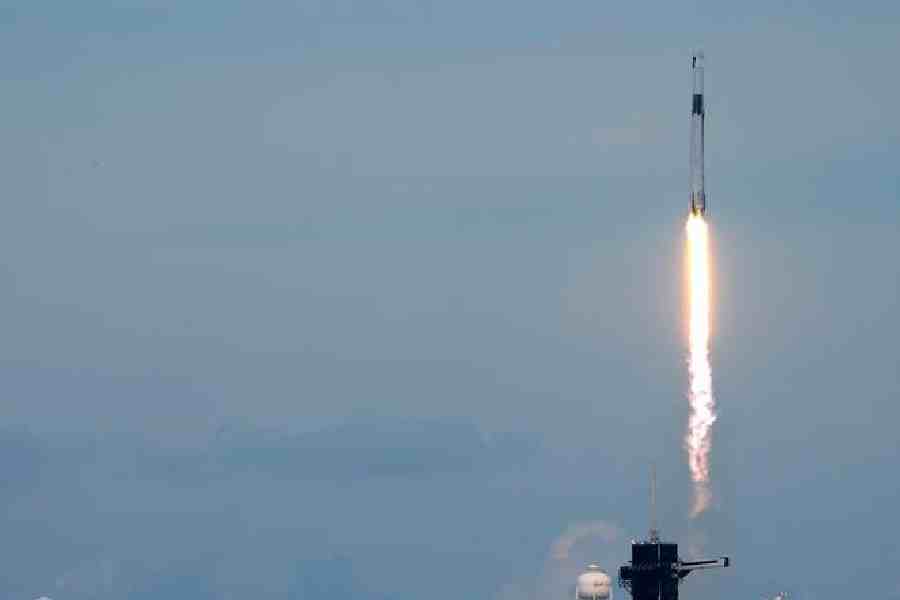Hamas’s military wing said on Monday that it had launched a salvo of rockets from Lebanon into northern Israel, an apparent attempt by the group to signal that it is still capable of striking within Israel’s borders even as it studies the latest proposal for a ceasefire in Gaza.
The Qassam Brigades, Hamas’s military wing, said in a statement that it had targeted an Israeli military position in Kiryat Shmona, the largest city in Israel’s far north, with a “concentrated rocket barrage” from southern Lebanon. The Israeli military said in a statement that most of the roughly 20 launches that crossed the border had been intercepted and that it had responded by striking the source of the fire. There were no injuries or damage.
Though Hamas is based in Gaza, many of its leaders are exiled in Lebanon, where the group has a sizeable presence and operates largely out of Palestinian refugee camps. Since the Hamas-led terror attack on October 7 prompted Israel to go to war in Gaza, Hamas has occasionally launched rocket attacks into northern Israel from within Lebanon’s borders, though its ally Hezbollah, the Lebanese militant group, has launched far more. Both groups are backed by Iran. Israel has also targeted Hamas figures in Lebanon in deadly strikes.
Walid al Kilani, Hamas’s spokesman in Lebanon, said the attack was “the minimum duty” given Israel’s continued attacks in Gaza. “We know that Hezbollah is doing its duty and more, but the battlefield requires everyone to participate,” Kilani said.
The launches on Monday, although muted in their impact, highlighted Hamas’s continuing ability to threaten Israel with rocket fire despite more than 200 days of a devastating Israeli air and ground offensive that has decimated the group’s military capabilities in Gaza.
Mohanad Hage Ali, a Beirut-based fellow with the Carnegie Middle East Center, said the attack was likely an attempt by Hamas to signal that it was “still part of the fight”. While it was largely symbolic, it could also be a means to apply pressure amid the Gaza ceasefire negotiations, he said.
New York Times News Service











